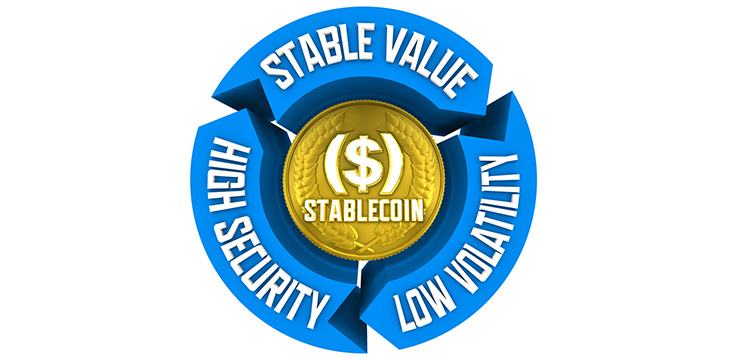|
Getting your Trinity Audio player ready...
|
In the wake of the complete industry meltdown, we’ve witnessed over the past year, regulators in every country are circling the digital currency industry, and change is afoot.
In the last few weeks of his Congressional career, Republican Senator Pat Toomey, who has been a vocal supporter of properly regulating the industry in recent years, introduced a new stablecoin bill that he hopes will help his colleagues pass legislation in 2023.
The Stablecoin TRUST Act of 2022 would allow non-state and non-bank institutions to issue stablecoins. Still, they’d have to obtain a federal license from the OCC and be backed by highly liquid assets with regular attestations by authorized accounting firms and clear redemption policies.
The bill would exempt stablecoin issuers from U.S. securities laws. This is the main difference between it and the Stablecoin Transparency Act introduced by Senator Bill Hagerty back in March.
What would this mean for current stablecoins?
Some current stablecoins, such as Gemini Dollar (GUSD), already voluntarily comply with regular attestations and hold cash and cash equivalents (verifiable) to prove they are backed.
However, and this is no coincidence, these legitimate stablecoins make up a tiny portion of the overall market share. Right now, GUSD has a market cap of close to $600 million, paling in comparison to the likes of Tether, which has a market cap of $66 billion.
Why would institutional buyers deal with an offshore issuer that refuses to prove it is backed, has repeatedly lied that an audit from a big-four accounting firm is coming soon, has been banned from New York state for criminal conduct, and has executives under investigation by the Department of Justice for bank fraud, as opposed to a New York-based, regulated firm like Gemini? That remains a mystery.
Toomey’s bill and any laws based on it would reward issuers that play by the rules and push the likes of Tether out of the U.S. market. That’s not a bad thing, and while I by no means conclude that Gemini or its proprietors (the Winklevoss Twins) are squeaky clean, credit should be given where it is due. Those who play by the rules and work within the law should be rewarded when the inevitable regulations are passed.
Toomey’s excitement about stablecoins—Which blockchain can handle them?
It should be noted that Senator Toomey’s bill would only apply to ‘payment stablecoins’ and would exclude commodity-based and algorithmic stablecoins like Do Kwon’s failed UST that unleashed a tidal wave of catastrophe on the industry when it crashed back in April.
Toomey expressed excitement about the potential for payment stablecoins, saying:
By digitizing the U.S. dollar and making it available on a global, instant, and nearly cost-free basis, stablecoins could be widely used across the physical economy in a variety of ways.
What Toomey perhaps doesn’t realize is that none of the current blockchains other than the original Bitcoin (BSV) can process the number of transactions required to make payment stablecoins work at scale. While better-known blockchains like Ethereum struggle to process 20 transactions per second, Satoshi’s original design is already handling 100,000 TPS with ease, and the cost per transaction is fractions of a penny.
As regulations based on bills like Toomey’s Stablecoin TRUST Act of 2022 push out the bad actors and the industry shifts focus from ridiculous speculative frenzies to real utility, the technical capabilities of various blockchains will take center stage, and the world will come to know that Bitcoin SV has no competitors.
Watch: U.S. Congressman Patrick McHenry on Blockchain Policy Matters

 02-22-2026
02-22-2026 




